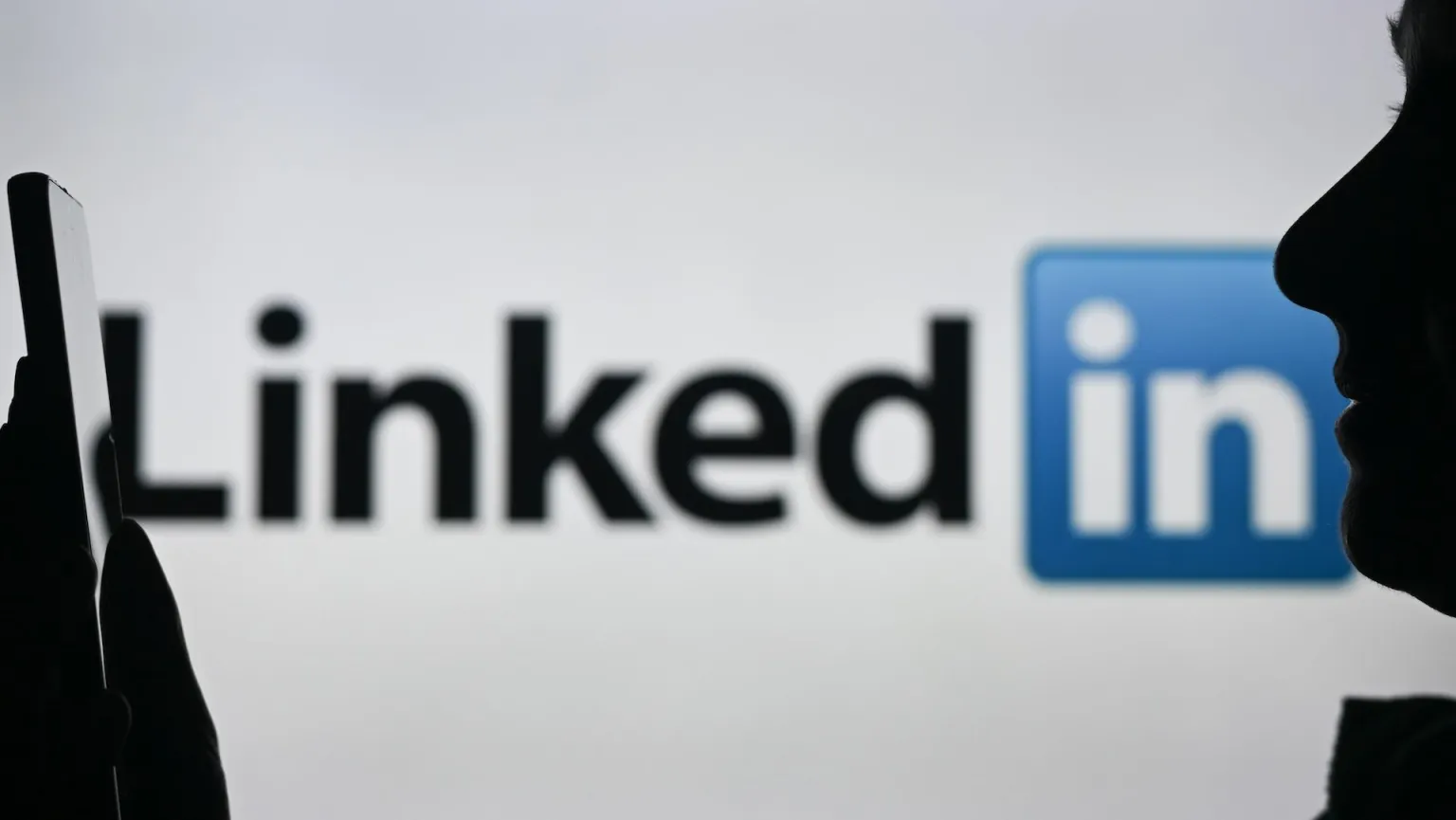Getting Started with LinkedIn’s Data Use for AI
Despite failing to disclose this in its terms of service at the outset, LinkedIn has now been using user data for AI training purposes. Organizations must give serious thought to the ethical implications of collecting, processing, and using user data in light of the growing dependence on data-driven technologies like AI and ML. Many users are worried about their privacy on LinkedIn because the site decided to update its terms of service before collecting massive amounts of user data to train its AI systems.
What LinkedIn Does With the Data It Collects
LinkedIn provides a wealth of personal and professional information to its 900 million+ members across the globe. Although the majority of LinkedIn users are aware that their data is being utilized to enhance the site, there was a lack of transparency on the extent to which LinkedIn used this data for training AI models. Included in this data collection is:
Information about the profile: Names, positions, places, abilities, and levels of education.
Communications: writing, publishing, liking, sharing, and commenting.
Usage patterns, such as the amount of time spent on the site, the profiles viewed, and the frequency of interactions, are examples of behavioral data.
Features like AI-driven user experiences, superior job-matching algorithms, and personalized content suggestions have all been improved thanks to LinkedIn’s machine learning models, which have been enhanced by scraping and exploiting these different data sources.
Concerns Regarding the Privacy of User Data and the Impact of AI Training
Lack of user consent before using data for AI training is the main issue with LinkedIn’s practice. When consumers were ignorant of these practices, they had major privacy consequences, even though LinkedIn altered its terms of service to reflect them. Users submit sensitive personal information to networks like LinkedIn with the understanding that it will only be utilized for the intended reasons, like networking or job hunting. The fact that this information was also used to create AI systems without people’s knowledge or permission damages confidence.
This begs the question of whether or not the EU, which has stringent privacy standards, conforms with regulations like the General Data Protection Regulation (GDPR). LinkedIn needs to be more transparent and lawful with its data collection and processing practices, particularly when it comes to secondary applications like AI training.
Growing AI with Ethical Considerations
Beyond simple privacy invasions, LinkedIn’s AI training tactics raise serious ethical questions. One way to introduce bias into AI systems is to employ huge datasets that include personal and professional information. For instance, LinkedIn’s AI algorithms may unintentionally reinforce biases if the platform’s models are trained on biased data, such as an excess of data from a particular industry, gender, or ethnic group. This could result in users experiencing unequal treatment or opportunities.
Updates to LinkedIn’s Terms of Service: Not Enough, Too Late?
Some feel that LinkedIn should have amended its terms of service earlier to be more transparent about how it uses user data for AI training. However, many are still wondering if the company waited too long to do so. Should platforms be obligated to notify users in advance of any new usage of their data? Some have said that LinkedIn’s move shows they are more concerned with responding to criticism than taking a proactive stance on openness.
The updated definitions go into further depth about the role that user data plays in the evolution of different AI capabilities. However, it’s concerning that LinkedIn proceeded with data collection without telling its users. To prevent firms from abusing user data in the name of technical progress, stricter regulations and regulatory monitoring are needed, as this situation shows.
Exploring the Role of Data Ethics in Social Networks and the Artificial Intelligence Landscape
Everyone in the tech business should take a page out of LinkedIn’s data-collecting scandal. Online services, including social media platforms, face an increasingly complex dilemma as AI develops: how to innovate while protecting user privacy. It is clear from this situation that:
Platforms should be transparent about their data usage practices and make sure their terms of service are easy to grasp for users, especially regarding secondary data uses.
Instead of depending on vague language or post-facto revisions, new and possibly intrusive data uses should seek explicit user approval.
For AI to be ethical, businesses must train their algorithms on neutral, representative datasets to avoid unforeseen results.
Regulators will put more and more pressure on tech businesses to enhance their data policies, especially when it comes to developing AI. Social media platforms’ capacity to develop AI in a way that respects user rights and ethical concerns will determine the technology’s trajectory in the future.
In summary
There is a lot of worry about privacy, ethics, and regulatory compliance because LinkedIn uses user data for AI training without being explicit about it. Although these practices have been addressed in the platform’s terms of service, the timing and content of these modifications indicate broader problems in the IT industry. In the future, businesses like LinkedIn will need to comply with legal and ethical requirements while collecting data in a more open and user-centric way.




















































